Northwell Health Cancer Institute at Rego Park a Program of LIJ
Filter(s)
Showing 1 - 20 of 1141 Facilities
23andMe Inc.
A O Fox Tri Town Campus Laboratory
A2Z Diagnostics, LLC
AAA Gastrointestinal Associates, PC
Access DX Laboratory, LLC
Access Genetics LLC - Clinical Laboratory
Accu Reference Medical Lab LLC
Accupath Diagnostic Laboratories Inc
Accupath Diagnostic Laboratories Inc
ACM Medical Laboratory Inc DBA ACM Global Laboratories
ACULABS, Inc
Acupath Laboratories Inc
Acutis Diagnostics, Inc
Adaptive Biotechnologies Corporation
Adirondack Medical Center
Admera Health LLC
ADSCIS LLC
Advanced Breath Diagnostics dba Cairn Diagnostics
Advanced Comprehensive Laboratory LLC DBA TOPLAB
Advanced Immigration Genetics
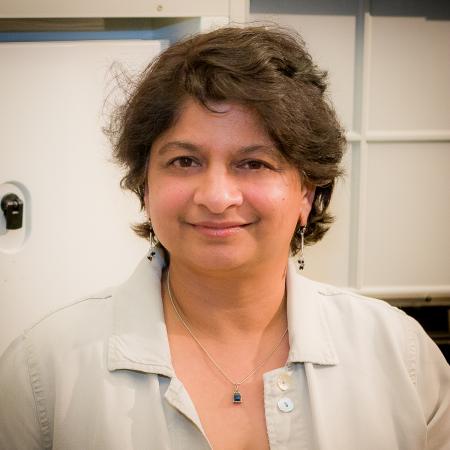
Sudha Chaturvedi, PhD
Director, Mycology Laboratory
We develop new technologies for fungal diagnostics and pathogenic mechanisms of Cryptococcus gattii and Pseudogymnoascus destructans, the etiologic agents of human cryptococcal meningitis and bat white nose syndrome, respectively.
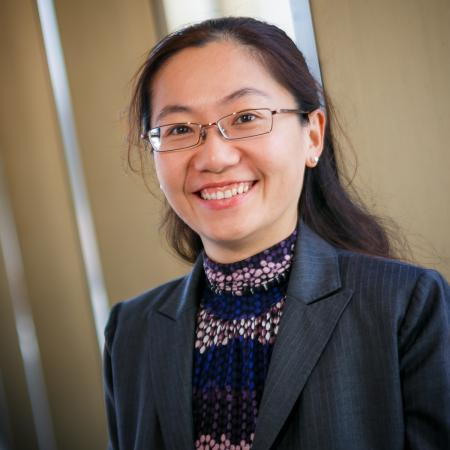
Yu-Fen (Kathy) Chou, PhD
Director, External Systems Quality Unit, Newborn Screening Program
Newborn Screening Program: We develop data visualizations and reports for public health surveillance. We provide education and work collaboratively with external stakeholders to improve the overall quality of the newborn screening system in NYS.
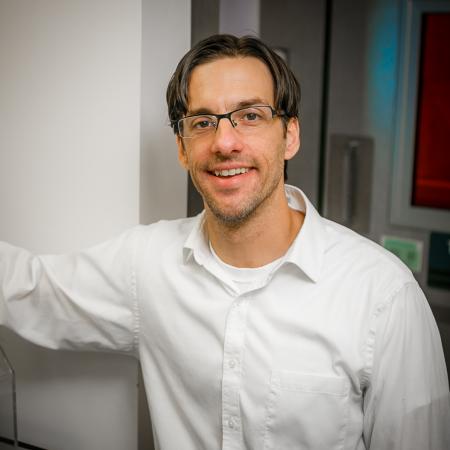
Alexander T. Ciota, PhD
Director, Arbovirus Laboratory
We study arbovirus adaptation and vector-virus interactions, focusing on West Nile virus and Culex mosquitoes. Areas of interest include mutant swarm dynamics, mechanisms of adaptation, microbial interactions and vectorial capacity.
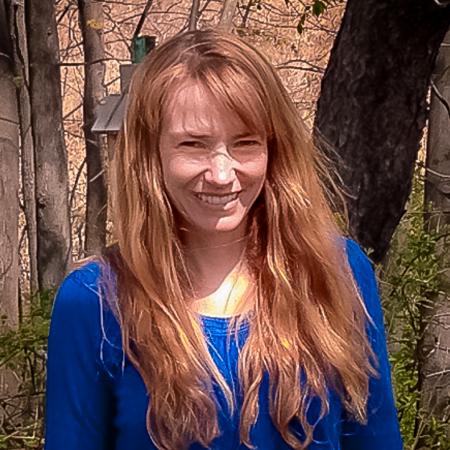
April D. Davis, DVM, PhD
Director, Rabies Laboratory
We focus on developing and improving diagnostic tools for rabies. Additional research programs focus on studying rabies in bats within the laboratory and in field environments.
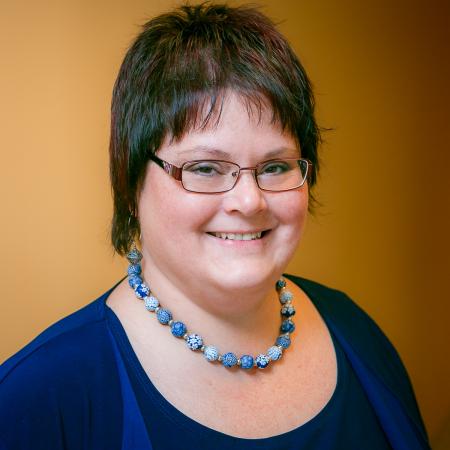
Amy B. Dean, PhD
Viral Diseases Laboratory
The Laboratory of Viral Diseases' Molecular Methods Development Team evaluates high complexity diagnostic assays and platforms in order to enhance molecular-based diagnostics in virology and support Wadsworth Center's ability to rapidly respond to the emergence of viral pathogens.

Bryan C. Duffy, PhD
Supervisor, Emerging Contaminants in Drinking Water Program / Liquid Chromatography
We focus on the targeted, ultra-trace measurement of emerging organic contaminants in New York State’s drinking water supplies through both regulated and research-based mass spectrometry methods.
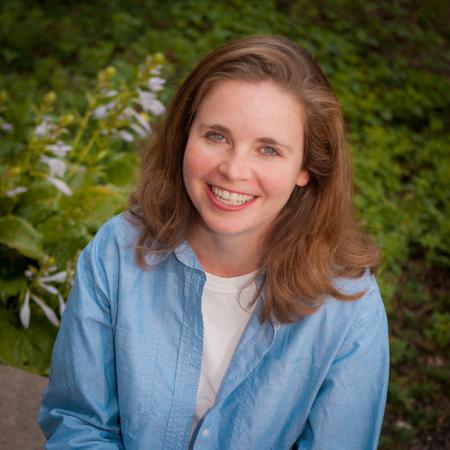
Christina Egan, PhD
Chief, Biodefense and Mycology Laboratories
We focus on the development and validation of assays to detect pathogens and toxins associated with bioterrorism or food-borne disease. We utilize methods such as real-time PCR, whole genome sequencing, and mass spectrometry for rapid detection of agents.
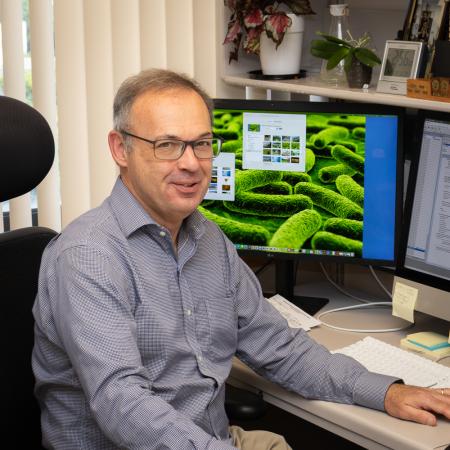
Vincent Escuyer, PhD
Director, Mycobacteriology Laboratory
We are interested in the mechanisms underlying resistance of M. tuberculosis to major TB drugs and in the development and validation of molecular assays involving whole genome sequencing for rapid detection of drug resistant tuberculosis.
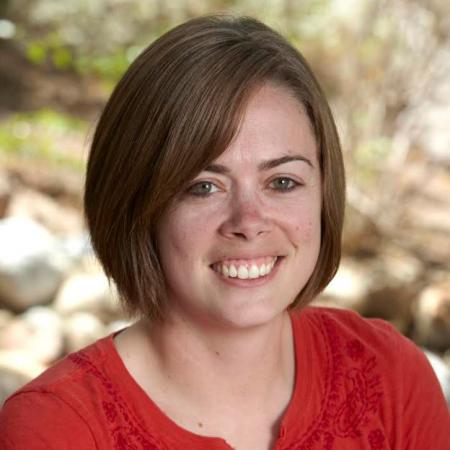
Sherry A. Faye, PhD
Director, Nuclear Chemistry Laboratory
We focus on method development of radiochemical analyses for use in routine and emergency response scenarios.
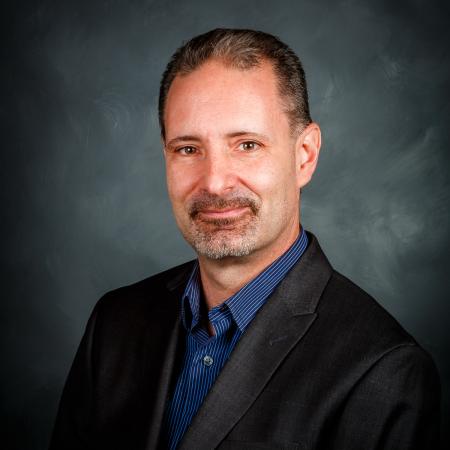
Anthony T. Fayo, BS
Deputy Laboratory Chief - Laboratory of Organic Analytical Chemistry
Mr. Fayo oversees 8 distinct laboratory sections, the Environmental Monitoring/Public Health Testing program, the Proficiency Testing Validation program, and over 60 specialized EPA (or EPA derived) methodologies.
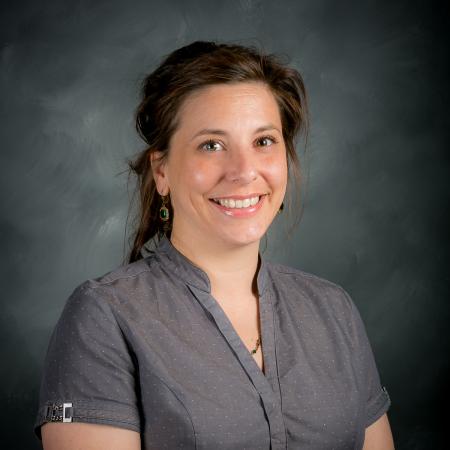
Denise M. Kay, PhD
Director, Newborn Screening Program
We screen infants born in New York State for more than 50 conditions at birth and study the genetics of diseases affecting infants and children.

David A. Lawrence, PhD
Neuroimmunology and Immunotoxicology
We study the immunological aspect of the system biology effects from genetic susceptibilities and environmental stress defined as the exposome on autoimmune diseases, immune deficiencies, and neurodegenerative and neurobehavioral illnesses.
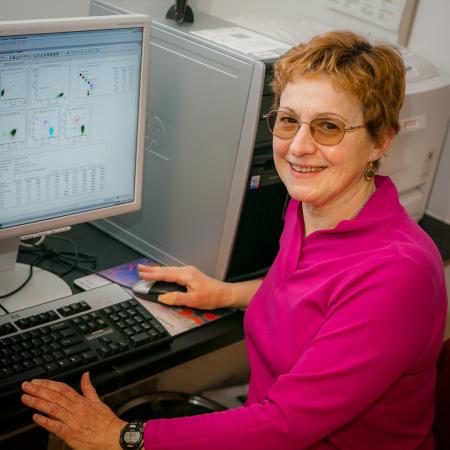
María C López, PhD
Clinical and Experimental Immunology
Our work strives to further the knowledge of the mechanisms behind mucosal immune alterations that can lead to food allergies and malnutrition.
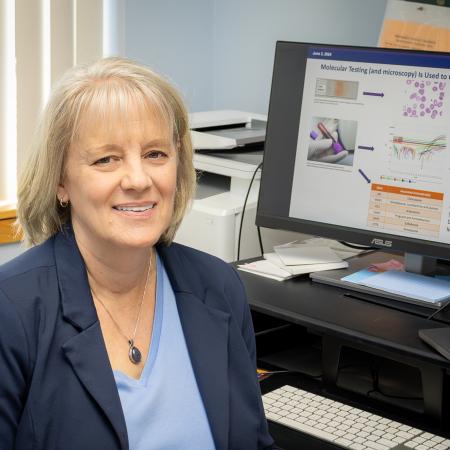
Susan Madison-Antenucci, PhD
Director, Parasitology Laboratory
My laboratory develops improved methods of detecting, identifying and characterizing parasites that infect humans, as well as investigating pathogenicity and sources of infection.
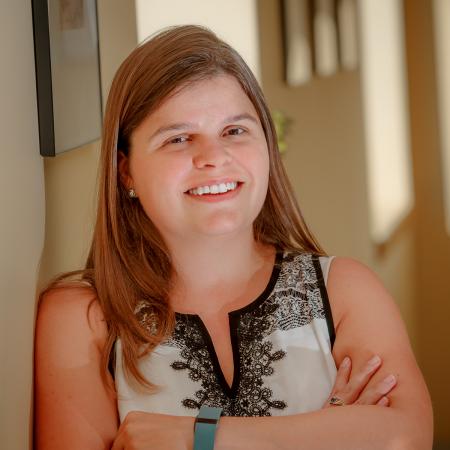
Lisa Mingle, PhD
Bacteriology Laboratory
In the Bacteriology Laboratory, Dr. Mingle performs diagnostic reference testing, using both molecular and classical methods, for the detection of various pathogenic bacteria in New York State.
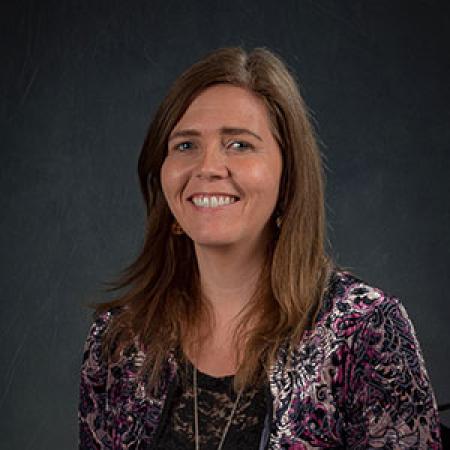
Kara Mitchell, PhD
Bacteriology Laboratory
The laboratory uses applied research to investigate the latest technological advances and maintain the capabilities necessary to identify and characterize unusual bacterial pathogens and emerging infectious diseases. The laboratory develops new molecular assays for public health purposes.
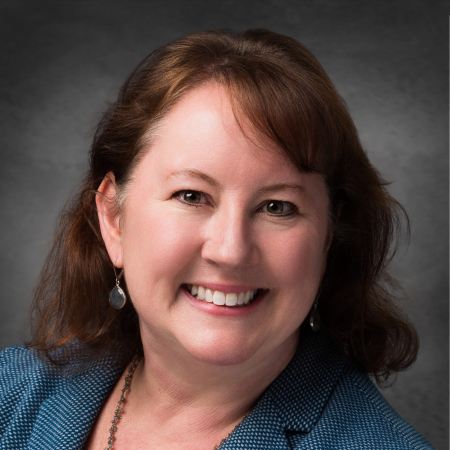
Kimberlee A. Musser, PhD
Clinical Director, Wadsworth Center David Axelrod Institute
We develop molecular diagnostic assays and reference testing for the detection and characterization of pathogenic bacteria and mycobacteria and to predict antibiotic resistance using real-time PCR and whole genome sequencing.
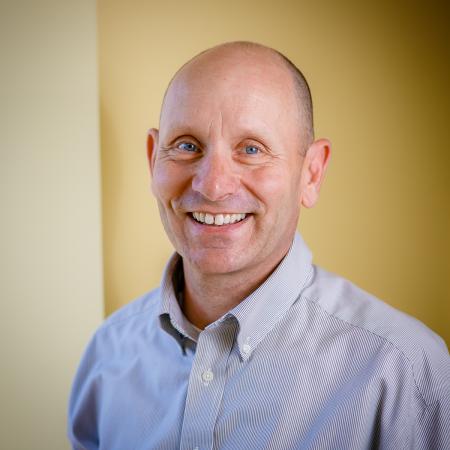
Joseph Orsini, PhD
Deputy Director, Newborn Screening Program
We focus on simplifying and automating published low-volume newborn screening tests in order to transform them into high-volume assays.
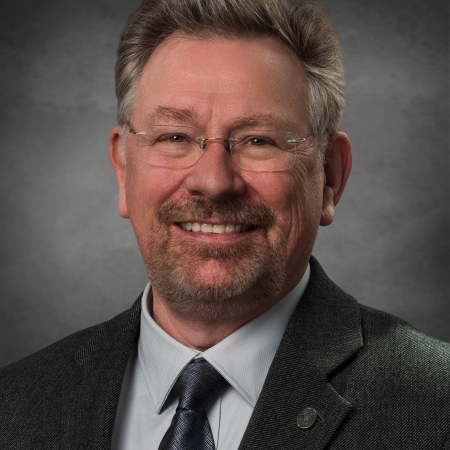
Patrick J. Parsons, PhD
Director, Division of Environmental Health Sciences
We study human exposure to toxic metals/metalloids (biomonitoring) and long-lived nuclides (radiobioassay); and develop novel speciation methods by coupling LC and GC to ICP-MS, while using portable XRF for field-based studies.
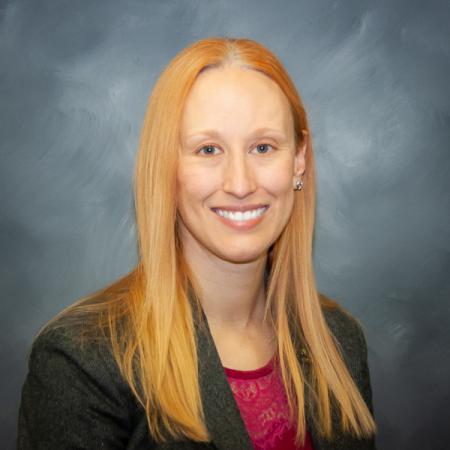
Melissa Prusinski
Ecology of Ticks, Affiliation: Bureau of Communicable Disease Control, Division of Epidemiology, New York State Department of Health
The Prusinski Lab primarily studies the ecology and epidemiology of tick-borne diseases, utilizing a combination of field and laboratory-based research methods to explore the dynamics of vector ecology and conduct tick-borne pathogen surveillance.
